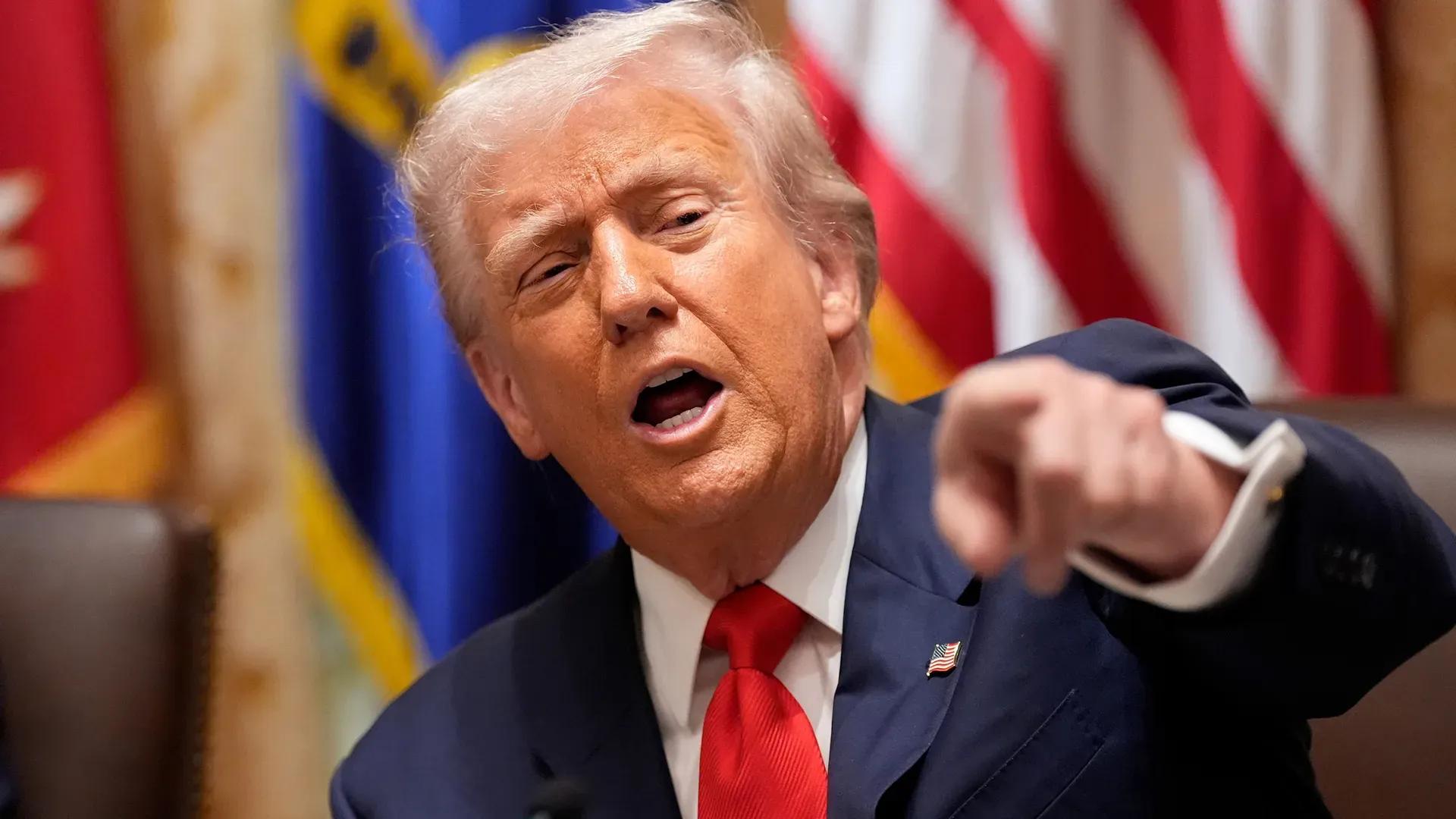What was expected to be a historically positive day, with markets ready on the starting line with a bullish momentum, concluded with an afternoon of much confusion, chaos in the market, and a complex outlook. Donald Trump's statements in favor of Javier Milei were: “If Milei loses, we are not going to waste time with Argentina”. A strong message that quickly affected Argentine dollar bonds with drops of up to 3% and the country risk soaring above 1,000 points.
However, it's important to ask why Trump's message is really a surprise? Why does a pro-market message not sit well in the market? Argentina is going through a turning point where we come from decades of promoting controls, fiscal deficits, taxes, and little respect for private property. With Milei, the country is following a course of opening, deregulation, and fiscal order. Isn't the U.S. president's proposal logical?
The logic behind Trump's warning
Donald Trump did not threaten: he warned about political risk. The U.S. financial assistance package, estimated to be US$20 billion through the Treasury and the Currency Stabilization Fund, has political conditions. This means nothing less than: guarantees that Argentina will not abandon a plan for structural reforms in the medium and long term.
In other words, support for Milei is tied to the continuity of a pro-market model. It's an ideological decision because it's ideological to believe or not in: the importance of private capital, free market, lifting of controls, and lowering taxes. The United States —like the large funds— knows that the reversal towards interventionism that is clearly posed by the entire Kirchnerist front would again entail high inflation, loss of reserves, and trade disputes, three elements that have accompanied our country for decades.
Milei: a genuinely pro-market and pro-work program
Let’s not stay at the phrases; let's analyze measures that the government attempted to implement such as DNU 70/2023, which sought to: extend the probationary work period to 8 months (to reduce the legal uncertainty that dissuaded SMEs from hiring), eliminate fines for late registration (lowering the expected cost of labor litigation), and flexibility of work hours and hour banks (adapting employment to the modern productive reality). These reforms are more than an ideological gesture: they create concrete incentives for formalization. But the opposition vetoed it, and no progress could be made in this innovation process.
The 2026 Budget project forecasts a primary surplus of +1.5% of GDP and a financial surplus of +0.3%, something unprecedented in over two decades. Public spending fell by 30% in real terms during the first half, and net monetary issuance was reduced to zero. This combination —fiscal discipline and monetary anchor— explains why monthly inflation decreased from 25% in December 2023 to 2.1% in September 2025, without resorting to price controls.
The signal is clear: for the first time in a long time, Argentina spends less than it collects and stops financing itself with issuance. This not only stabilizes the macroeconomy but lays the foundation for sustainable growth over time.
Something more pro-market? let's talk about the RIGI, the Base Law, and the Incentive Regime for Large Investments. Within months, eight projects have already been confirmed, projecting committed investments of US$15.739 billion, primarily in energy and mining. These investments require, at least, six years of intensive work to reach capitalization and recover the initial investment. How can one invest in a country that does not guarantee the lifting of controls? No serious mining investor takes risks in a country that changes the rules every four years.
Why is there concern that Milei does not have parliamentary weight?
The emerging second force behind La Libertad Avanza is the new face of Peronism that is today titled “Fuerza Patria”. All the politicians behind this project, between 2011 and 2015 applied more than 18 types of import controls, 11 currency controls, and 40 different restrictions on the remittance of profits. Socially, they increased poverty from 26% to 33% and when they returned to government in 2019, they left the country with over 50% of the population in poverty.
This is the risk that today the markets are pricing in if Milei loses legislative support or if Kirchnerist forces return to condition economic policy. It is not speculation based on possibilities; it is speculation based on management facts at the national level and their provincial managements. Politics can discuss nuances, but markets do not negotiate with speeches: they respond to facts.
The message behind the drop in assets following Trump's words is as simple as it is forceful: the world is willing to finance a serious Argentina, not one that returns to the mistakes of the past.
The election defines the course
Trump said it without diplomacy but with precision: the world bets on Milei's Argentina. If the country chooses to go backwards, it will do so alone. After the 24 hours of controversy generated by a statement taken out of context, markets grew and stabilized again. The learning is clear: the market is pro-United States, the market wants lifting of controls, the market celebrates the RIGI, the market does not want -as Kirchnerism proposes- to “stop Milei”.

Comments